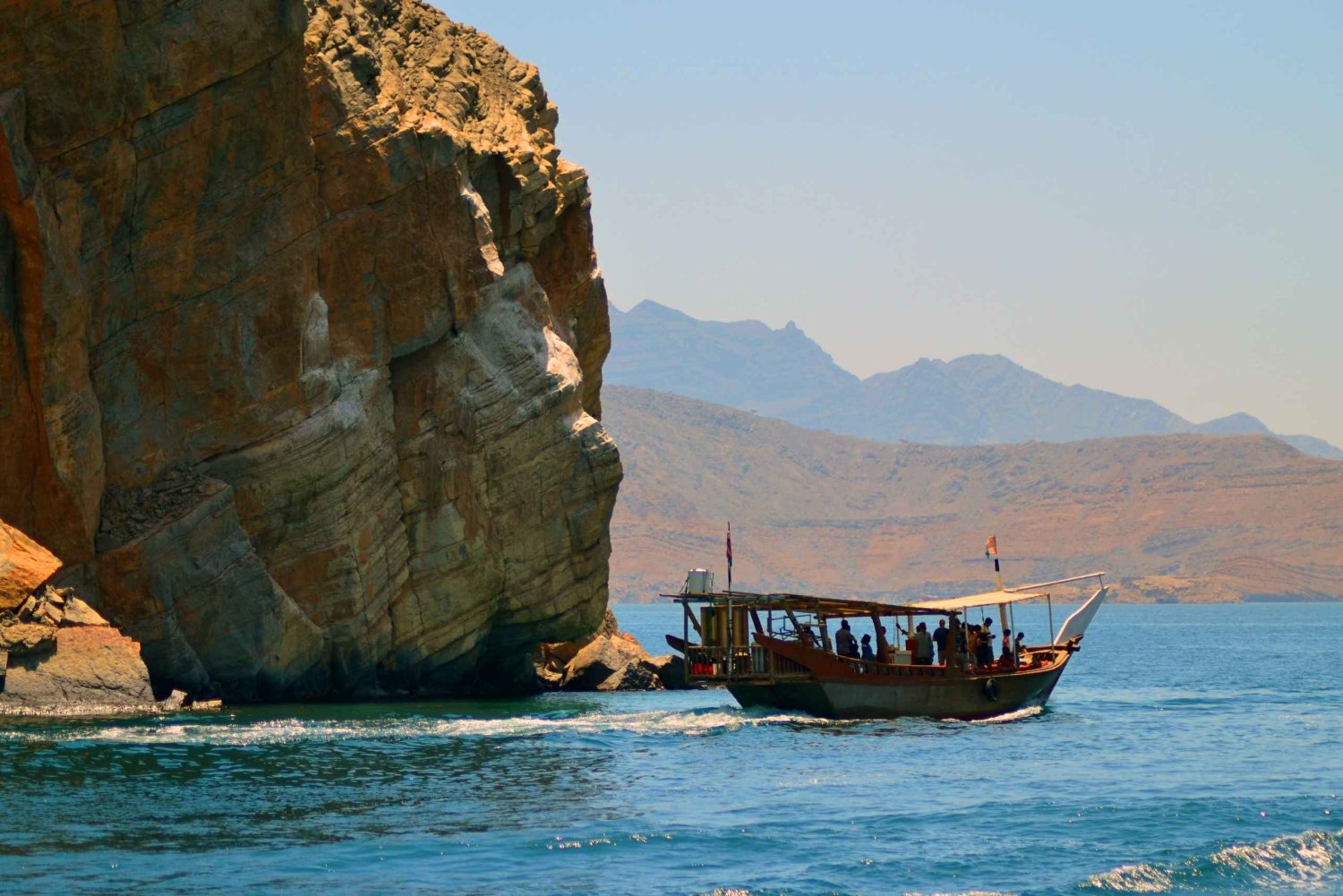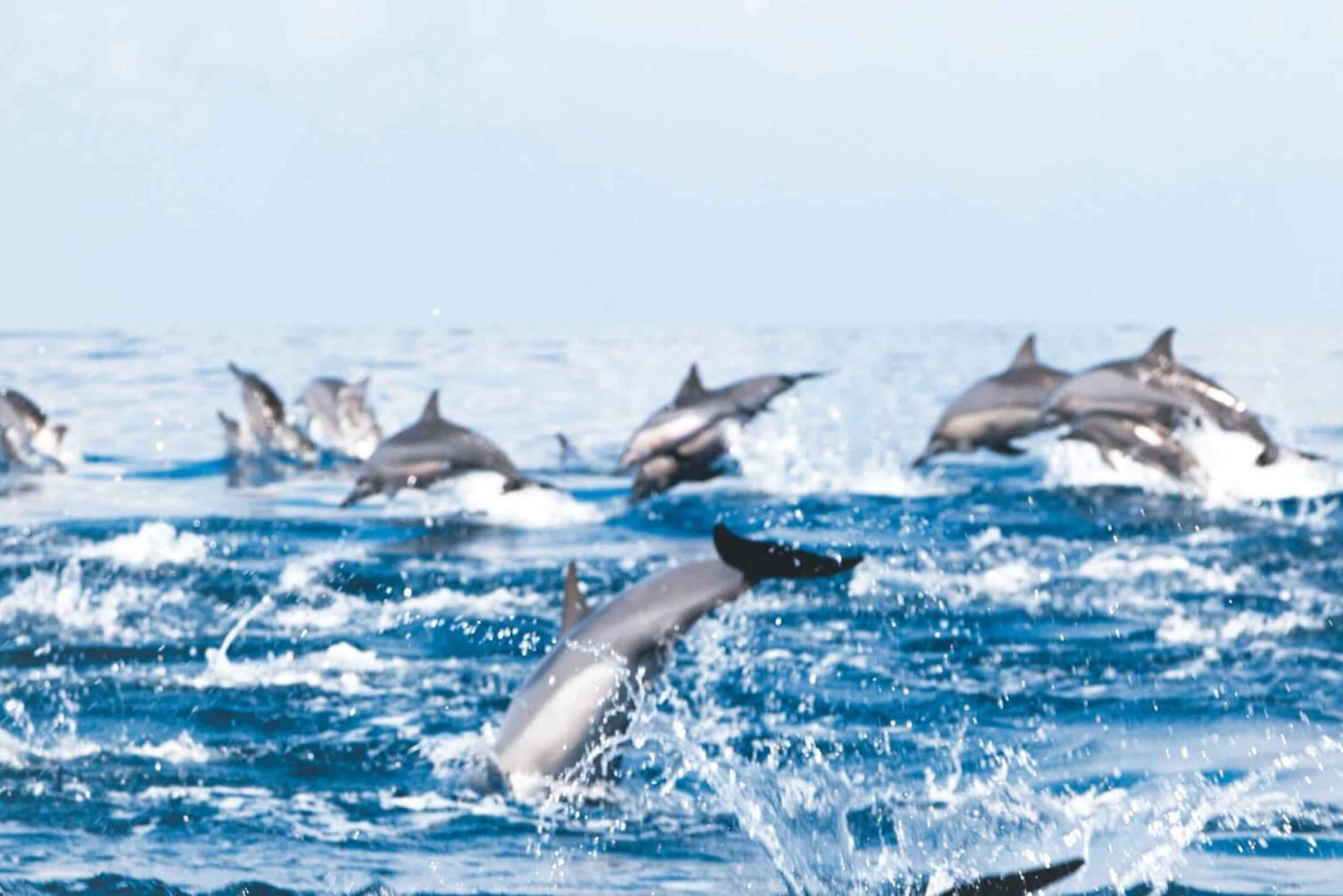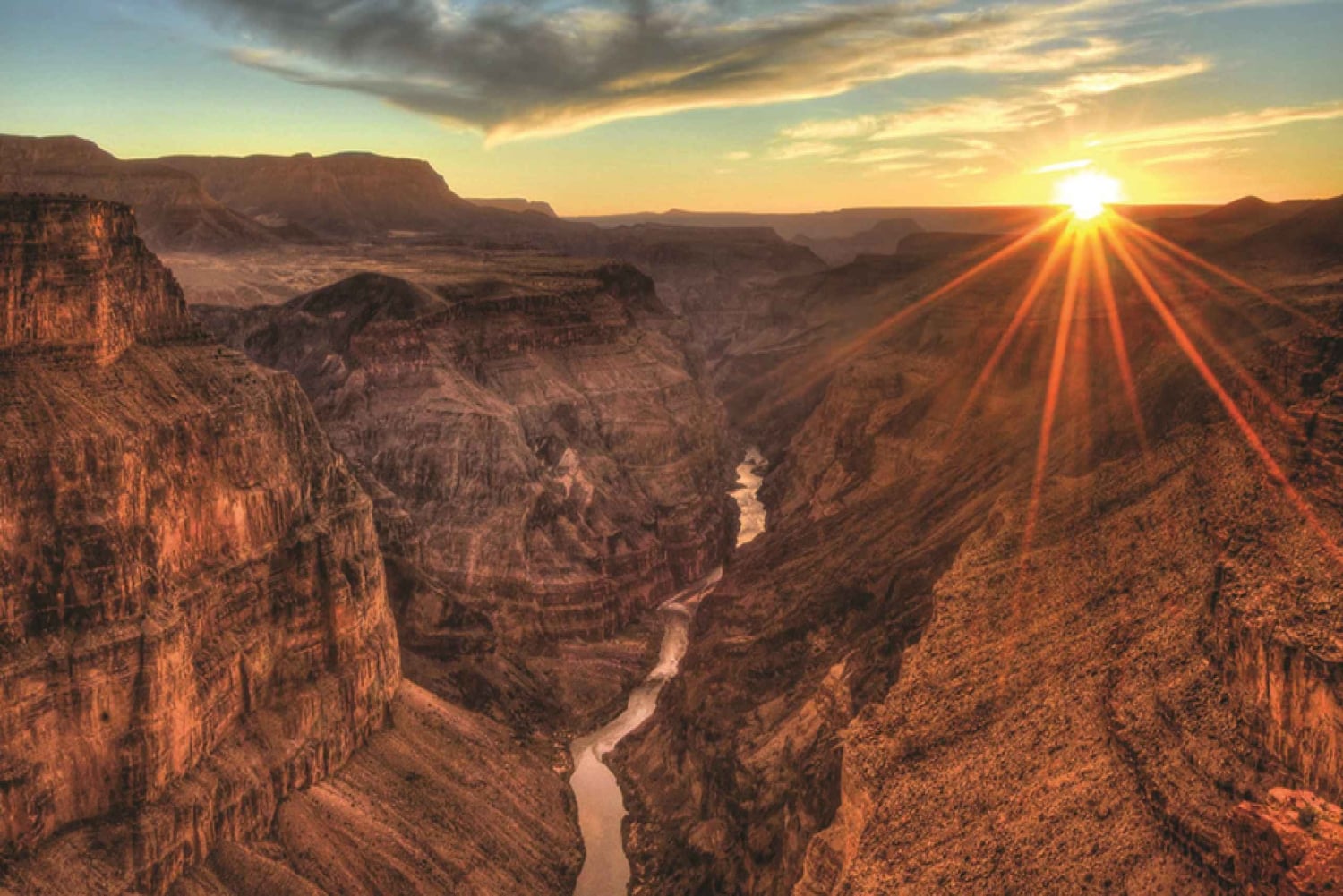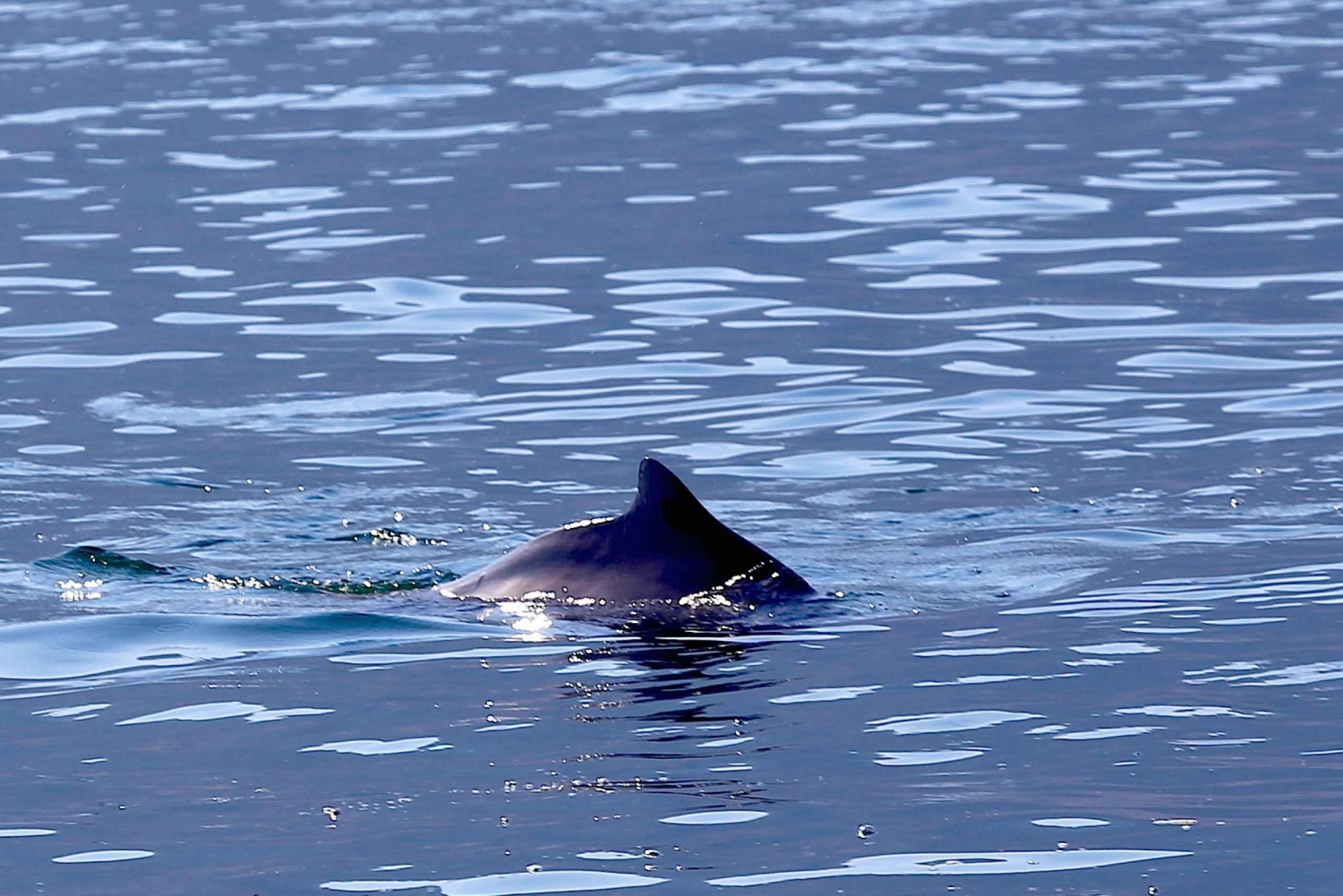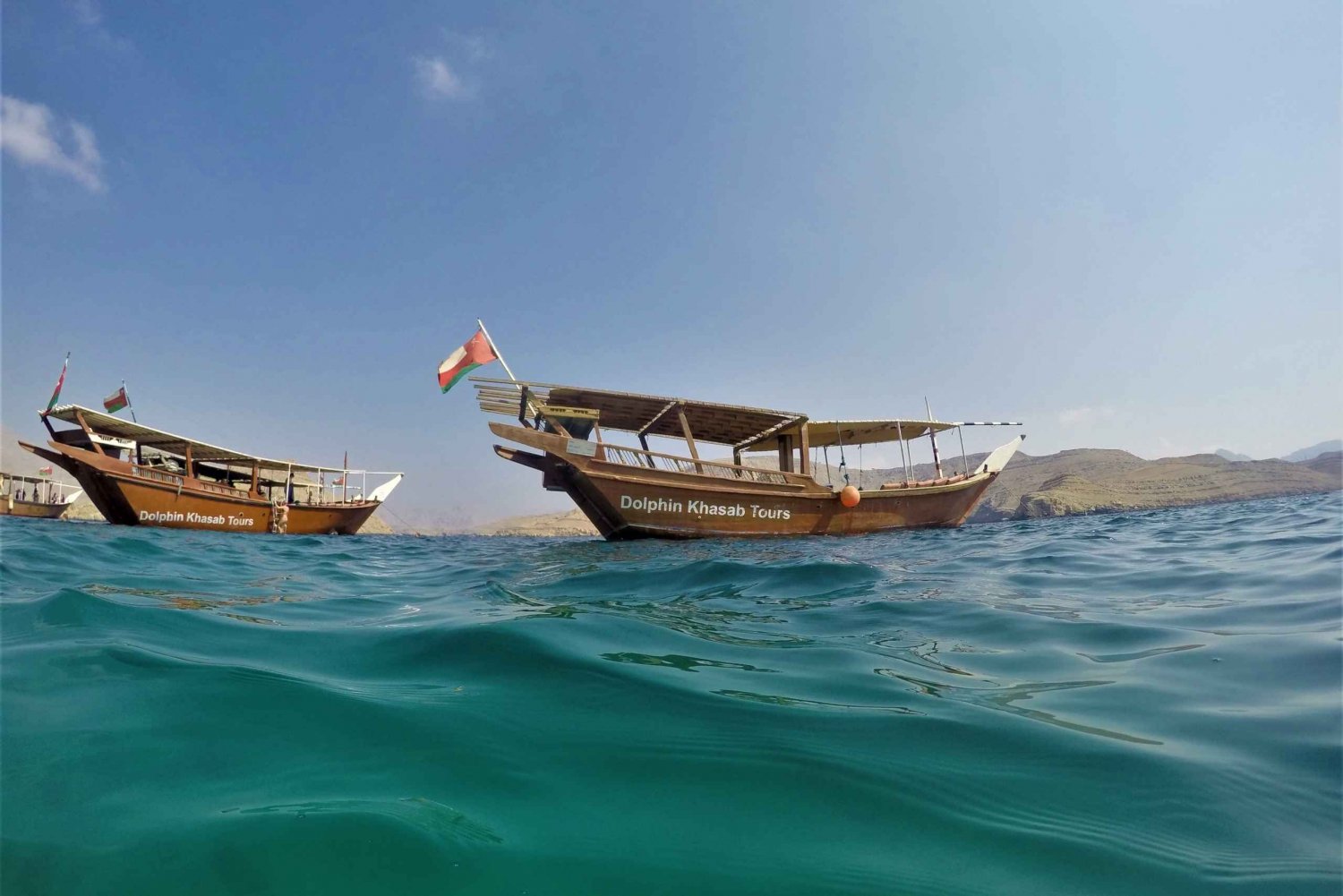Medical Safety and Information
Due to an efficient vaccination programme introduced in recent years, Oman is a relatively safe and healthy nation to visit. However, you may wish to visit your local healthcare provider to ensure your general vaccinations are up to date before you travel to Oman. Foreign residents will be required to take a medical test as part of the resident card process.
Health insurance is essential as any emergency treatment necessary will be expensive and possibly difficult to arrange at the time.
There are multiple pharmacies in Oman, some of which are open 24 hours; Muscat Pharmacy and Scientific Pharmacy offer this service.
Pharmacies are generally open from 9am to 9pm Saturdays to Thursdays with some closing between 1pm and 4pm. Some are additionally open for limited hours on Fridays.
The major local hospitals are open to Omani nationals as part of their healthcare system but there are a number of private hospitals and clinics available for foreigners. Most medical treatment is available in Oman but other specialist treatment is possible in neighbouring countries if required.
The major local hospitals are Khoula Hospital, The Royal Hospital, Al Nahda Hospital, Muscat Private Hospital and other smaller outlets being Al Hayat Polyclinic, Al Raffa Hospital, Atlas Star, Apollo Medical Centre, plus many other specialist clinics including dentists and opticians.
There is a local ambulance service but it is small and relatively new, meaning response times could be slow.
Alternative therapies are also available such as reflexology and acupuncture, from private clinics.
The local tap water is safe to bathe with and drink but bottled water is preferable for taste. A filter attachment can also be fitted to your tap for cleaner water.
The desert climate means high temperatures and fierce sunlight; therefore care should be taken to avoid sunstroke and sunburn. Loose, natural fibre clothing will keep you comfortable and a sunscreen should be applied regularly to exposed areas of skin. Children should wear a UV protected swimsuit at pools and on the beach and of course sunglasses and hats are a good idea for everyone.
The extreme temperature changes from outside to inside buildings can be disturbing for many people and leave them prone to catching colds until they acclimatise. Ensure you have a plentiful supply of water wherever you go to avoid dehydration and carry a warm layer of clothing in case of chilly restaurants and shopping centres.
Top Experiences and Tours in Oman
If youʻre booking your trip to Oman last minute, we have you covered. Below are some of the top tours and experiences!


